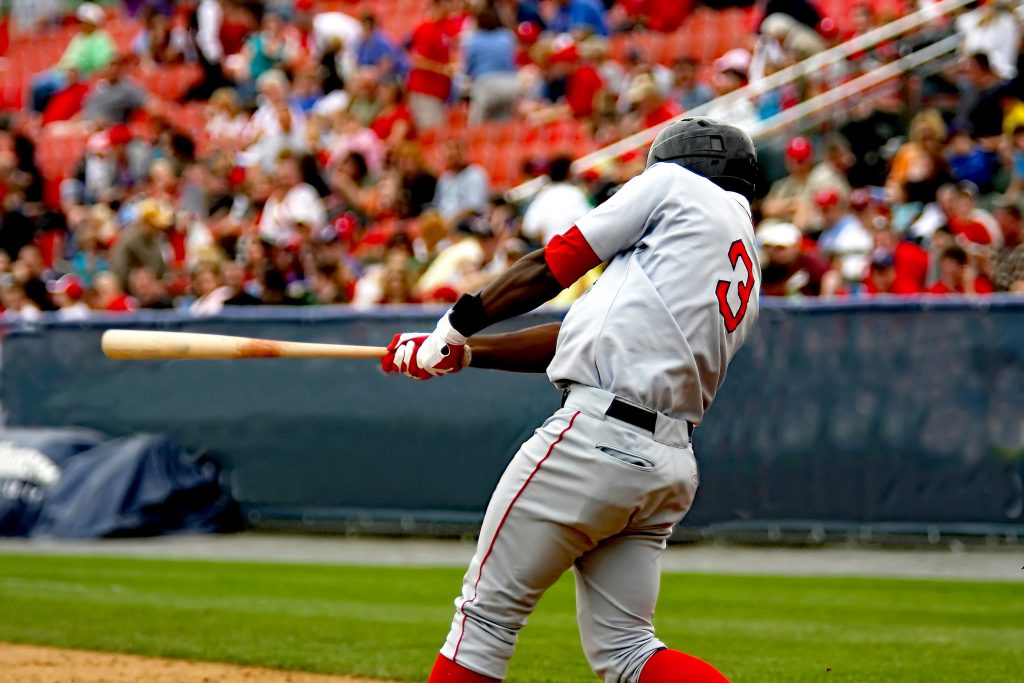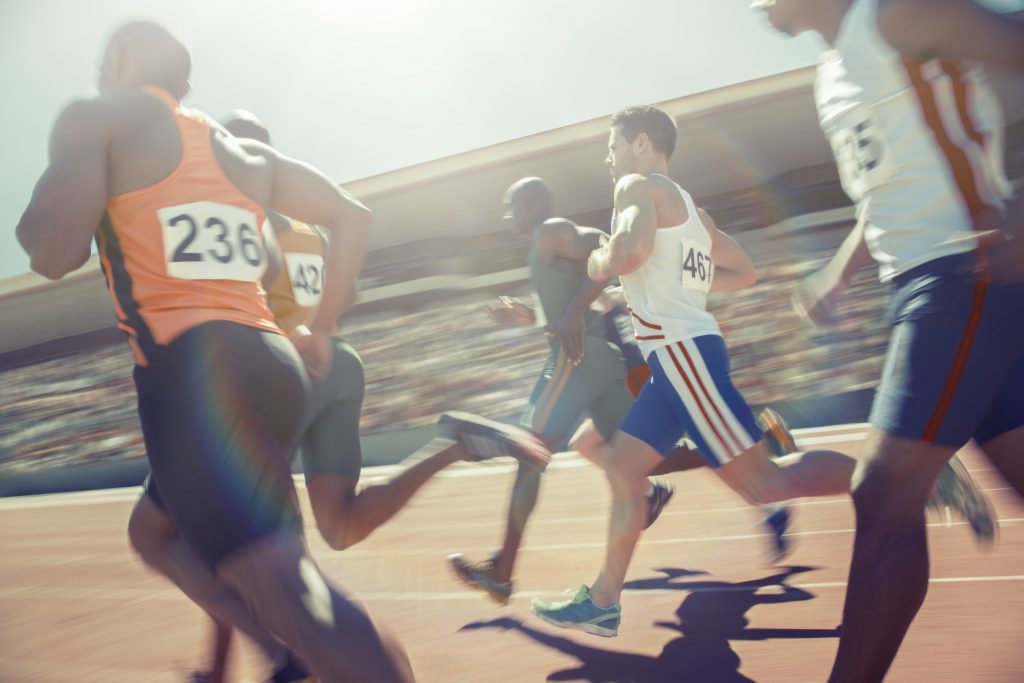Perception of effort
Perception of effort – the conscious sensation of how hard, heavy, and strenuous a physical task is – is the ultimate determinant of endurance performance. Goal-setting, motivation, and self-talk are mental skills athletes can use to engage their minds to support performance before and during arduous endurance tasks.
Risk of Stress Fractures
Stress fractures are observed more frequently in female runners, compared to males. Analysis of women’s perception of risk and behaviors discovered those with a history of fractures increased their training load more quickly, and, despite knowing the benefits, they did not prioritize a balanced diet and complementary cross-training.
Skeletal Muscle Loss
McMaster University researchers studying the mystery of why some weightlifters’ muscles grow much more quickly than others’ have found new answers through a novel experiment in which subjects worked out one leg and immobilized the other. By comparing the genetic responses of the muscles to exercise, the research team identified a set of 141 genes…
Tradition or Tech? Either Way, Keep It Representative

Some coaches rely on de facto drills that seem to be an essential part of their sport as a foundation for their practices; others turn to the latest gadgets and technology to drive their practice plans. Before integrating tradition or tech, coaches should evaluate their drills and innovative tools based on their contribution to skill…
Heat-Stress and Performance
Hot summer temperatures combined with long training or competition sessions can raise athletes’ body temperature, with devastating effects on performance. Strategies to maintain optimal body temperature for performance including cooling before exercise (e.g. with cold water immersion or ice vests) or during exercise (e.g. by drinking cold water or using cold water spray); or through…
Return to Sport for Athletes
Returning to sport after months of isolation can take a mental toll on athletes. Athletes can expect to move through three phases of emotional challenges: managing the emotions associated with losing their bearings; making sense of the situation and giving meaning to the necessary change; and mobilizing energy and efforts to adapt to the new…
Cycle Sprinting
Whether you’re racing for the finish line at the UCI World Tour event or your Sunday café ride, sprinting velocity is key to success. Research shows adopting a forward standing position during a sprint could give riders a speed boost of up to 5kph.
Cooling Strategies to Improve Performance in the Heat

Whether you are a high performance athlete training for the Olympic and Paralympic Summer Games in Tokyo, or a weekend warrior working on a personal best, learning to manage heat stress should be a priority. Heat stress and fatigue can lead to decreases in performance, influencing a podium finish, or can be the precursor to…
Randomized Practice Structure
“Skills learned slowly are forgotten slowly” is an aphorism that should be used to coaches to inform practice structure. While a blocked practice structure may improve short-term practice performance, a randomized practice structure poses a greater challenge to learners resulting in enhanced motor learning and thus better long-term performance.
Setting Goals
Having trouble getting active? Goals are a great way to stay motivated. Set a physical activity goal and create a detailed plan for when, where, and how you will achieve it. Review your goal on a weekly or bi-weekly basis to celebrate progress, increase the challenge, or adjust expectations (too aspirational? Reset your goal and…